GRASS FED BEEF VS. GRAIN FED BEEF

There is no question that the quality of life for a grass fed cow is far superior to that of a grain fed animal. Grass fed cattle spend their time grazing and roaming, as bovines have done since time immemorial. In contrast, grain fed cattle spend the bulk of their lives in confinement, eating corn, soy, and silage.
When you order grass fed beef delivery from Thousand Hills Lifetime Grazed, you receive more than delicious, nourishing food. By opting for grass fed beef – and paying a little more in the process – you are also helping the environment.

Restoring the Planet
Regenerative agriculture is dedicated to building healthy soils and rejuvenating the land. It is a holistic practice, eschewing herbicides and relying on manure rather than chemical fertilizers. This also means the runoff from these chemicals is not entering waterways.
Regenerative agriculture encourages biodiversity, prevents soil loss through erosion, improves water retention, and plays a role in fighting climate change. It allows roots and plant systems to sequester more carbon in the soil. This keeps carbon from going back into the atmosphere as methane or carbon dioxide, both huge factors in global warming.
Conventionally raised grain fed beef contributes to global warming. Raising grass fed cattle helps repair lands damaged by industrialized farming and ranching.

Grass Fed Beef vs. Grain Fed Beef
Cattle are ruminants. The stomach consists of four distinct parts:
- Rumen
- Reticulum
- Omasum
- Abomasum
The cow’s body is designed to consume grasses, not corn and by-products. Cattle forced to eat grain in lieu of grass are more likely to develop health problems, including more susceptibility to bad bacteria such as E. coli. This bacteria can affect the human consumer.

Hormones and Drugs present in grain fed beef
The idea of consuming trace amounts of growth hormones, antibiotics, and other drugs with a meal does not sit well with most people, for obvious reasons. Yet those substances are found in grain fed beef.
Grass fed cattle do not receive these additives. During their lifetimes, they eat nothing but grass, the way nature intended. Because they do not experience the stress of confinement, their bodies do not produce large amounts of the stress hormone cortisol. That is not the case with cattle that are fed grain and raised in close quarters. Excess cortisol affects the taste of the meat.
On the Plate
What cattle eat affects the way meat tastes. There is a definite difference in the taste between grass fed and grain fed beef.
Grain fed cattle receive huge amounts of soy, corn, and by-products to fatten them up in the few months before slaughter. All of this grain consumption makes the meat taste sweeter. The fattening effort leads to more marbling in the meat.
In contrast, 100 percent grass fed beef contains less fat and thus less marbling. What marbling there is often appears golden, in contrast to the white fat of conventionally raised beef. The cow’s diet of grass contributes to higher carotenoid levels in the meat. These antioxidants lower inflammation in the body. Chronic inflammation is the source of many diseases and conditions, including some cancers, diabetes, and obesity.
This leaner meat tastes gamier and more natural. That makes sense, as cows are meant to eat grass. Its texture is chewier than that of grain fed beef.
Grass fed beef contains more nutrients than the grain fed variety. It’s a healthier choice, as there are fewer calories per pound and more antioxidants and omega-3 fatty acids than grain fed beef. In fact, the amount of essential omega-3 fatty acids is up to five times higher in grass fed beef than their feedlot counterparts. Keep in mind the grass fed cow is generally healthier than the grain fed animal, and the meat reflects that.


